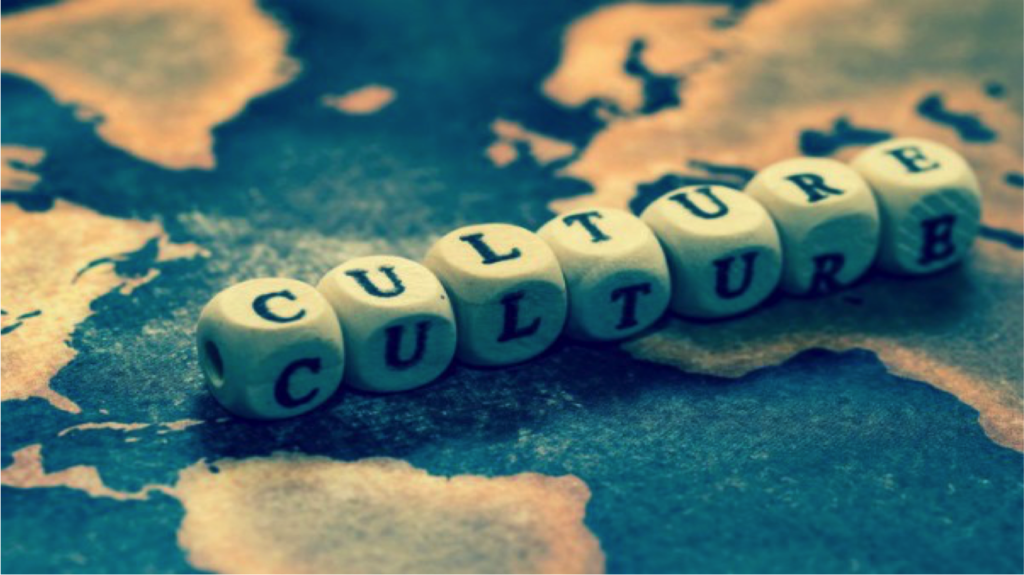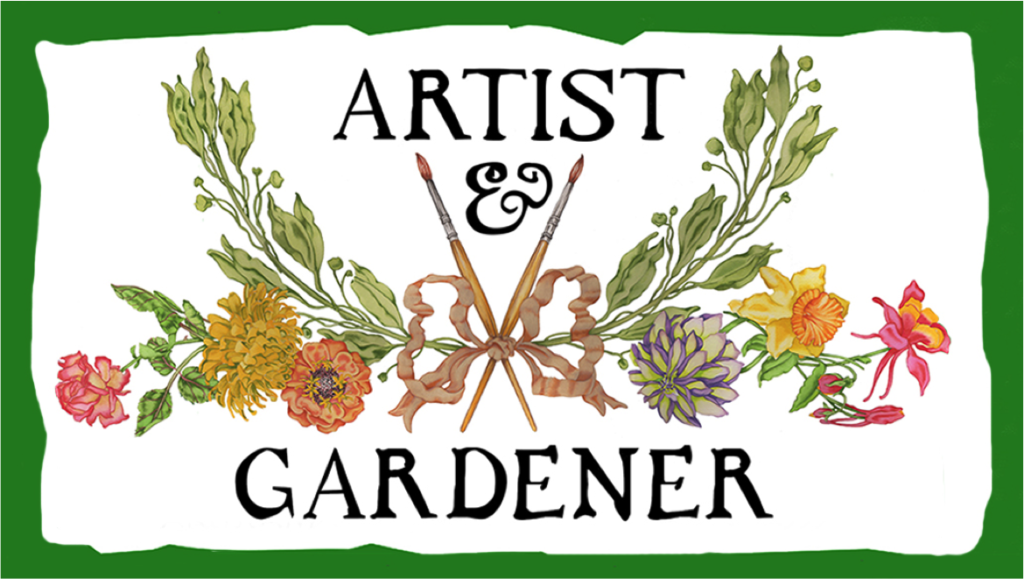In his 2010 book, To Change the World: The Irony, Tragedy, and Possibility of Christianity in the Late Modern World, James Davison Hunter called upon Christians to become “a faithful presence” in the world. “Faithful presence” involves being an example of faith, hope, and love toward family, friends, neighbors, and even enemies in all spheres of life, from the classroom to the government, from the dinner table to the marketplace, from the neighborhood to the world stage. “Christians,” Hunter writes, “should be a blessing in the context they find themselves.”

Just a couple of years prior to appearance of Hunter’s book, Andy Crouch prepared the soil for “faithful presence” in his book Culture Making: Recovering our Creative Calling. At the time, Crouch was editorial director of the Christian Vision Project at Christianity Today magazine. I remember anticipating with delight each month’s new essay as Crouch articulated a vision for Christian engagement with culture.
In the September 2008 issue of CT, Crouch briefly summarized the key points of his book in an article titled, “Creating Culture.” It has been included in my Worldviews curriculum ever since and provides the framework for much of what follows here (not so much a review as an appreciation).
Crouch identifies four responses, which he calls “gestures,” that have defined American Christians’ engagement with culture. His initial observation is that what begins as responsive gesture toward culture can too easily solidify into a permanent posture. He considers the merits and consequences of each response and then offers a fifth alternative.
Before we unpack all this, it might be good to think about what exactly culture and “cultural artifacts” are. Simply put, “culture” refers to the customs, creative arts, social institutions, and achievements associated with a particular people, time, place, or nation. These things are not just associated with such particularities; they provide identity and often even come to define them.

“Cultural artifacts” are the products of culture: traditions, religions, moral codes, art & architecture, music, literature; even political, social, and economic structures. These are the aspects of culture with which we engage. Further, a distinction is generally made between “folk culture” (more traditional, provincial, unchanging) and “high culture” (more elite, sophisticated, “classics”).
Today, most of our culture engagement is with “popular culture,” defined by scholar Tim Delaney as “forms of expression and identity that are frequently encountered, commonly liked, and characteristic of a society at a given time.” Pop culture is also highly commercialized and experienced on a mass scale.
Scripture seems to set the “cultural engagement” bar pretty high in Philippians 4:8-9: Finally brothers, whatever is true, whatever is honorable, whatever is just … pure . . . lovely . . . commendable—if there is any moral excellence and if there is any praise, dwell on these things. Do what you have learned and received and heard and seen in me, and the God of peace will be with you.
This passage offers us four considerations regarding “culture engagement”: What does scripture teach us? What does it give us? What does it tell us? What does it show us?
It teaches us to be discerning (Ps. 119:66; Prov. 15:14; Rom 12: 2)
- Teach me good judgment and discernment, for I rely on Your commands.
- A discerning mind seeks knowledge, but the mouth of fools savor foolishness.
- Do not be conformed to this age, but be transformed by the renewing of your mind, so that you may discern what is the good, pleasing, perfect will of God.
It gives us liberty in a context of responsibility (Gal. 5:1, 13; 1 Cor. 10: 23-24)
- Christ has liberated us to be free . . . only don’t use this freedom as an opportunity for the flesh, but serve one another through love.
- “Everything is permissible,”[a][b] but not everything is helpful. “Everything is permissible,”[c] but not everything builds up. 24 No one should seek his own good, but the good of the other person.
It tells some specific things (Ex 20 10 Com’d; Prov 3:5; Micah 6:8, Mt. 5’s “Beatitudes”)
- No other Gods or idols, name in vain, murder, adultery, steal, lie, covet; honor the Sabbath and parents
- Trust in the Lord with all your heart, do not rely on your own understanding
- to act justly, to love faithfulness, and to walk humbly with your God
- blessed are those . . . poor in spirit, mourn, gentle, desire righteousness, merciful, pure of heart, peacemakers, persecuted
It shows us a “better way” and points to a “higher call” (1 Cor. 12 à 13; Phil. 3:14)
- faith, hope, and love (but the greatest of these is love)
- I pursue as my goal the prize promised by God’s high call in Christ Jesus
Scripture may not necessarily speak directly to every “cultural artifact” we encounter today, but it certainly gives us some specifics to consider and general guidelines to follow.
Now let’s go back to Andy Crouch. He describes gestures/postures that American Christians tend to adopt toward cultural artifacts:

Condemning Culture: “Some cultural artifacts can only be condemned.”
- Violence, lawlessness, pornography, blaspheme, taking of innocent life, exploitation, reckless environmental destruction
- Scripture is certainly explicit about things we are not to do and should not countenance in our culture. In Matt. 15: 18-20 Jesus affirms the 10 commandments and identifies “evil thoughts, murders, adulteries, sexual immoralities, thefts, false testimonies, blasphemies” as “things that defile a man.”
- The proper “gesture” toward such things is an emphatic, “NO!”

Critiquing Culture: “Some cultural artifacts deserve to be critiqued.”
- Arts, music, media, theater, film, literature
- These are cultural artifacts which most call for discernment. Paul writes in Phil. 1 9 And I pray this: that your love will keep on growing in knowledge and every kind of discernment, 10 so that you can approve the things that are superior and can be pure and blameless in[a] the day of Christ.
- These things, which are the most in need of discerning critique, are the “cultural artifacts” Christians are sometimes too quick to merely condemn.

Consuming Culture: “Many cultural goods are simply meant to be consumed.”
- Good food and drink and the fellowship they foster. Amusements that lighten the heart and cheer the spirit. Gifts that become personal treasures.
- Psalm 16 11 You reveal the path of life to me; in Your presence is abundant joy; in Your right hand are eternal pleasures. [liberty with responsibility]
- Matt. 6 19 “Don’t collect for yourselves treasureson earth, where moth and rust destroy and where thieves break in and steal. 20 But collect for yourselves treasures in heaven . . .21 For where your treasure is, there your heart will be.

Copying Culture: “Borrowing cultural forms . . . and infusing them with Christian content.”
- Architecture, music, literature, film, education
- This response has the potential to demonstrate “the better way,” but it also (too often so with Pop Culture) is characterized by shallow mimicry and imitation.
- Romans 12 2 Do not be conformed to this age, but be transformed by the renewing of your mind, so that you may discern what is the good, pleasing, and perfect will of God.
- Still, “at its best, it can be a way of honoring culture, demonstrating that every human cultural form is capable of bearing the Good News.”
Crouch’s 5th alternative: Creating Culture
Crouch focuses his attention on two “postures” toward culture that “are most characteristically biblical but have been the least explored by modern Christians”: we are artists and gardeners. Both begin with contemplation, paying attention to what’s already there. Both involve a posture of purposeful work: a “calling. Both creatively tend and shape the world the original Creator first made

Crouch asks an important question:
Why aren’t we known as cultivators—people who tend and nourish what’s best in human culture, who do the hard and painstaking work to preserve the best of what people before us have done? Why aren’t we known as creators—people who dare to think and do something that has never been thought or done before, something that makes the world more welcoming an thrilling and beautiful?
We will explore these questions in the future as we look more deeply at each of Crouch’s for gestures, the consequences of adopting any one as a permanent posture, and the potential that “Creating Culture” brings to each gesture. By God’s grace, we will hopefully cultivate a spiritually healthy, culturally impacting “Christian Vision for Cultural Engagement.”
